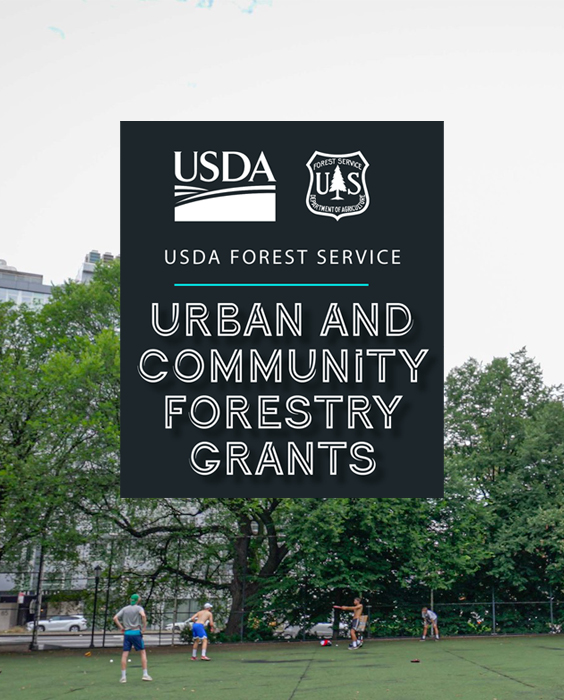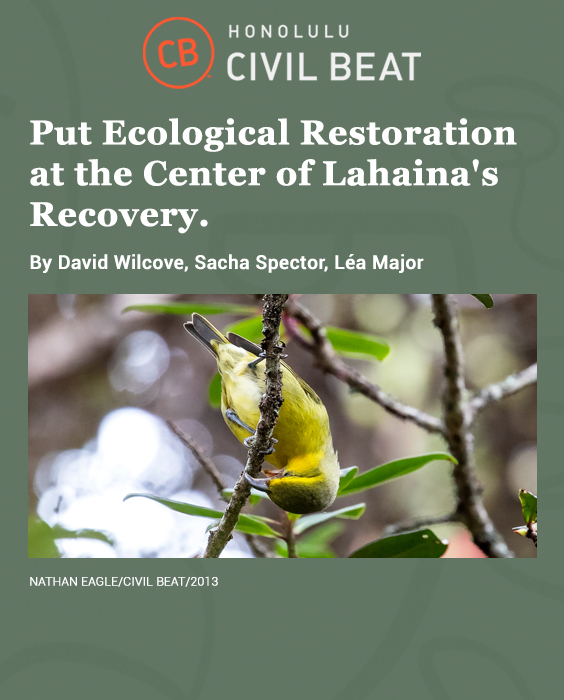Land conservation, restoration and stewardship of nature can have a valuable and tangible role in advancing equity in our society. This is especially true when land conservation is inclusive and respectful of local communities and traditional knowledge, and when it advances equitable access to and benefits from nature. For this reason, the foundation works to support environmental organizations who are advancing conservation efforts from a variety of cultural perspectives, including those led by and serving communities who identify as Black, Indigenous and people of color (BIPOC). We also aim to ensure that the conservation, restoration and stewardship of nature yield meaningful and equitable benefits to all people, particularly for BIPOC communities and those from households whose annual incomes fall below a government-designated threshold through the following approaches:
- Equitable distribution of urban trees and nature access for nature, climate and social well-being benefits.
- Expanding land access to enable conservation action by resolving barriers to land protection and stewardship posed by land tenure and usage rights issues.
- Diversifying the conservation workforce by investing with purpose in the next generation of young people, and supporting inclusive and equitable institutions. The longest running of the foundation’s efforts in this vein is The Doris Duke Conservation Scholars Program, which launched in 2013 to support the next generation of environmental conservation professionals from a diverse set of backgrounds and perspectives.


